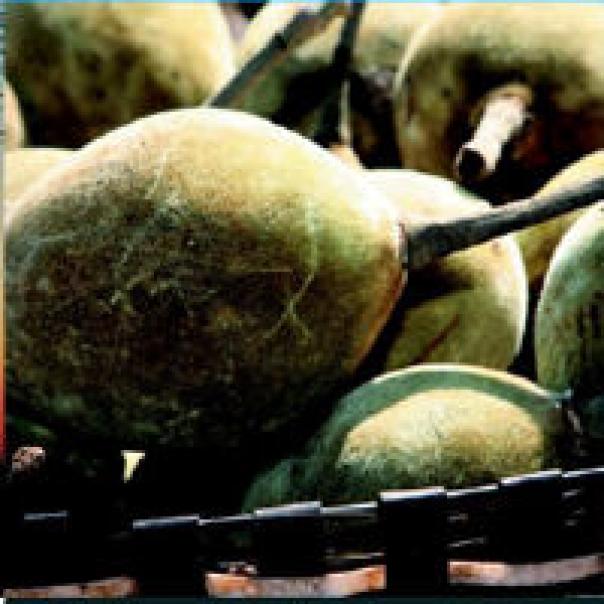17th Jul 2008 - 00:00
Image

Abstract
The fruit pulp of the African Baobab tree is set to be the latest nutritious and exotic ingredient to hit supermarket shelves, following Novel Foods approval by the European Commission.
PhytoTrade Africa, a trade organisation that promotes fair and ethical trade, and represents tens of thousands of rural southern African producers, brought the application in 2006 and now predicts a surge in demand for the ingredient. Cyril Lombard, Market Development Manager of PhytoTrade Africa said: "Baobab fruit pulp is an ideal ingredient for cereal bars and smoothies. It has excellent nutritional benefits for the consumers, offering manufacturers a new opportunity to target the growing market for healthy, natural and Fair Trade foods, while being an easy, adaptable and cost effective ingredient to work with." The iconic Baobab – commonly known as the "upside down tree" is a common feature of the landscape in southern Africa. Its fruit has been shown to have an exceptionally high Vitamin C content, up to three times that of oranges; only 10 grams can supply a quarter of the recommended daily Vitamin C intake. Baobab is also high in anti-oxidants (over 10 times the level of oranges), natural fibre (pectins) and is an excellent source of calcium and iron. African people call Baobab "the tree of life" and have long used its fruit pulp to make refreshing drinks and as a baking ingredient. It is also a traditional food for pregnant women and children due to its high calcium content. The optimum level of Baobab pulp in products such as smoothies and cereal bars is between five and ten per cent as determined by preliminary work by Leatherhead Food International. Other uses are expected to include biscuits and confectionery, as well as fruit juices and sports beverages. Following Novel Foods approval, PhytoTrade Africa will be focusing resources on supporting the development of the supply chain and production capacity to meet European industry demand. A recent report by Ben Bennett of the UK's Natural Resources Institute found that sustainable wild harvesting of Baobab fruit could generate trade worth up to $1bn a year for African producers.